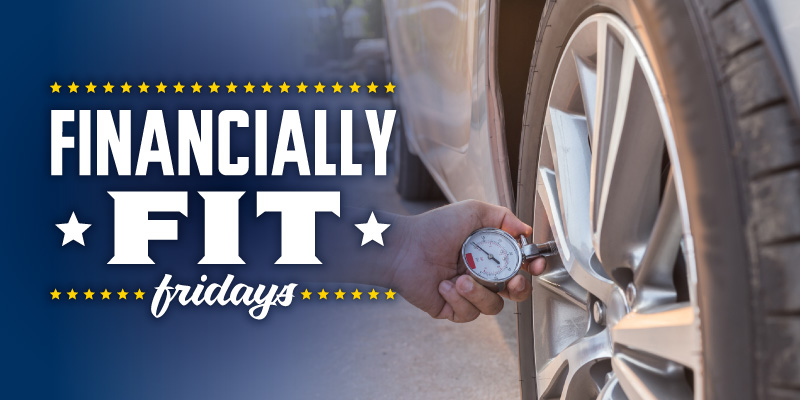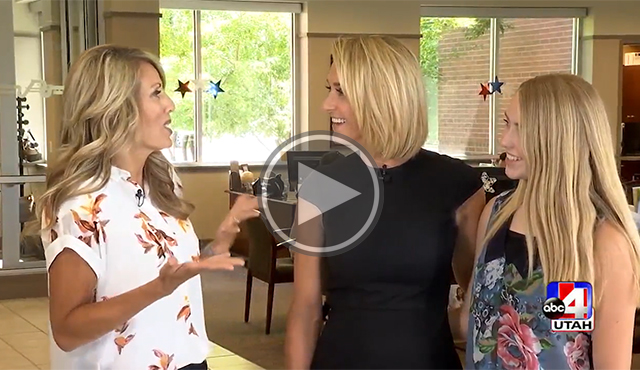Individual retirement accounts, or IRAs, are a way people can save money specifically for when they leave the workforce. The two primary types of retirement accounts are traditional and Roth. Here’s a quick rundown of the differences between these options.
Traditional
With traditional IRAs, you normally won’t pay taxes until you withdraw the money. Some or all of your contributions may be tax deductible, depending on your gross adjusted income, and your earnings can also grow in a tax-deferred environment. Any money you put into a traditional IRA will lower your taxable income that year, which could help you qualify for other tax incentives.
You may continue to contribute to traditional IRAs until you reach the age of 70½. After that, you are required to begin taking distributions. Also, if you withdraw funds before you turn 59½, you’ll pay a 10% penalty. However, there are some ways to not get penalized for early withdrawal, such as if it’s for a first-time home purchase or the disability or death of the account holder. If you want to know more about these exceptions, contact a financial professional.
Roth
On the other hand, Roth IRAs are taxed now, but can be pulled out tax-free when you begin distribution. So your contributions aren’t deductible, but your earnings will grow untaxed with this type of retirement account. If you believe that you will be in a higher income tax bracket when you retire, then a Roth IRA might be right for you.
You can make contributions at any age to Roth IRAs. Distributions aren’t required, either. Plus, you won’t pay any penalties for early distribution, as long as it’s not more than the total amount that you’ve contributed. If you want to withdraw your earnings, you can do so tax-free if the Roth has been open for five years and you’ve turned 59½, you’ve incurred a disability, you need it to make a payment for your first home, or the account holder’s death.
Setting up an individual retirement account is easy, and the earlier you start, the more you’ll have when it’s time to retire. If you want to learn more about investing in IRAs, visit americafirst.com.







 By John B. Lund, President & Chief Executive Officer
By John B. Lund, President & Chief Executive Officer